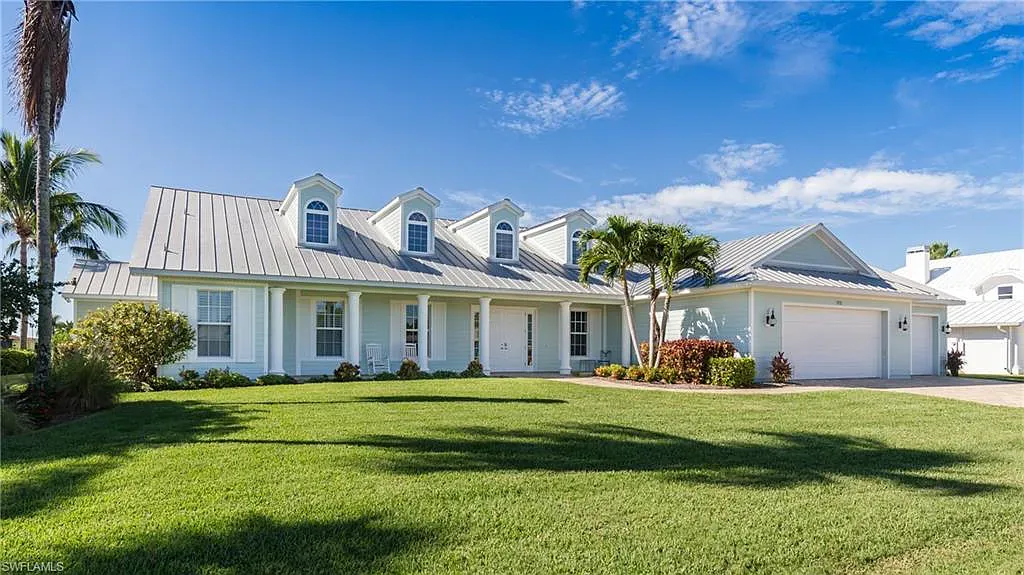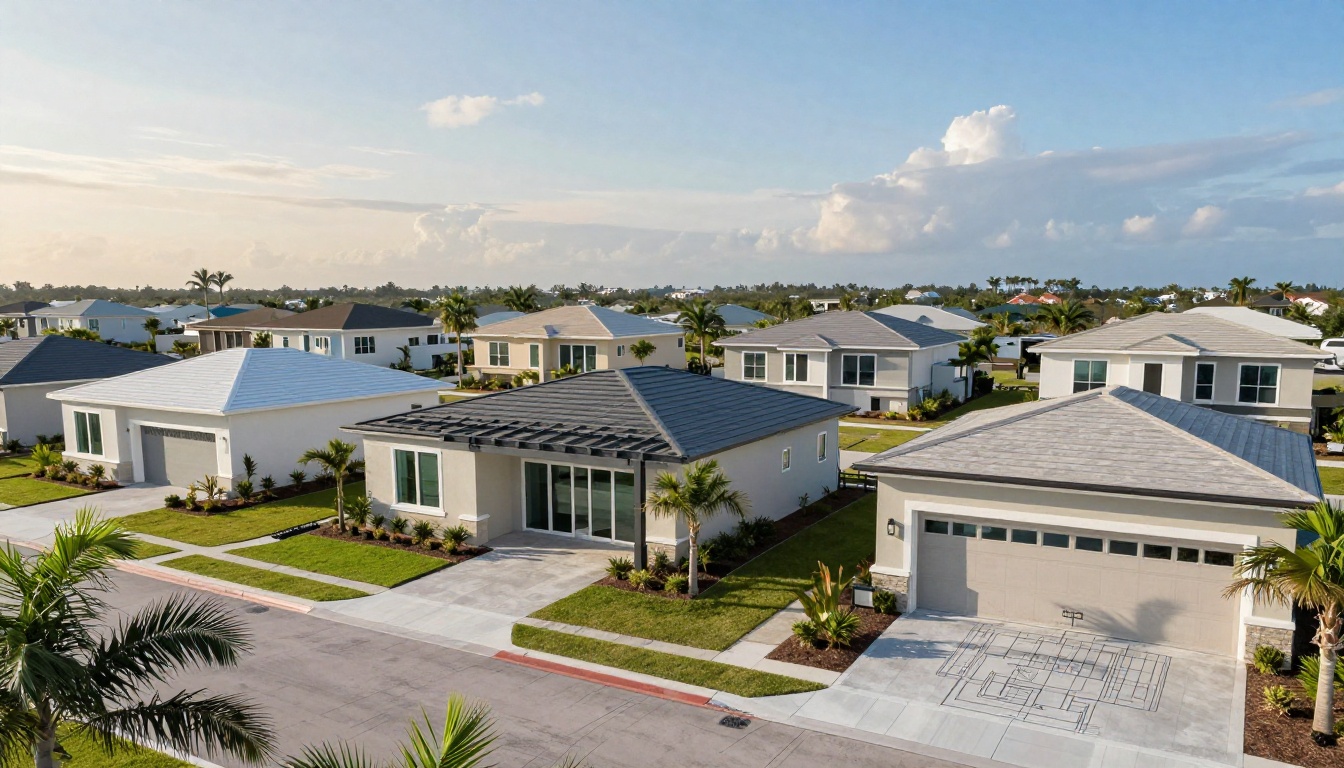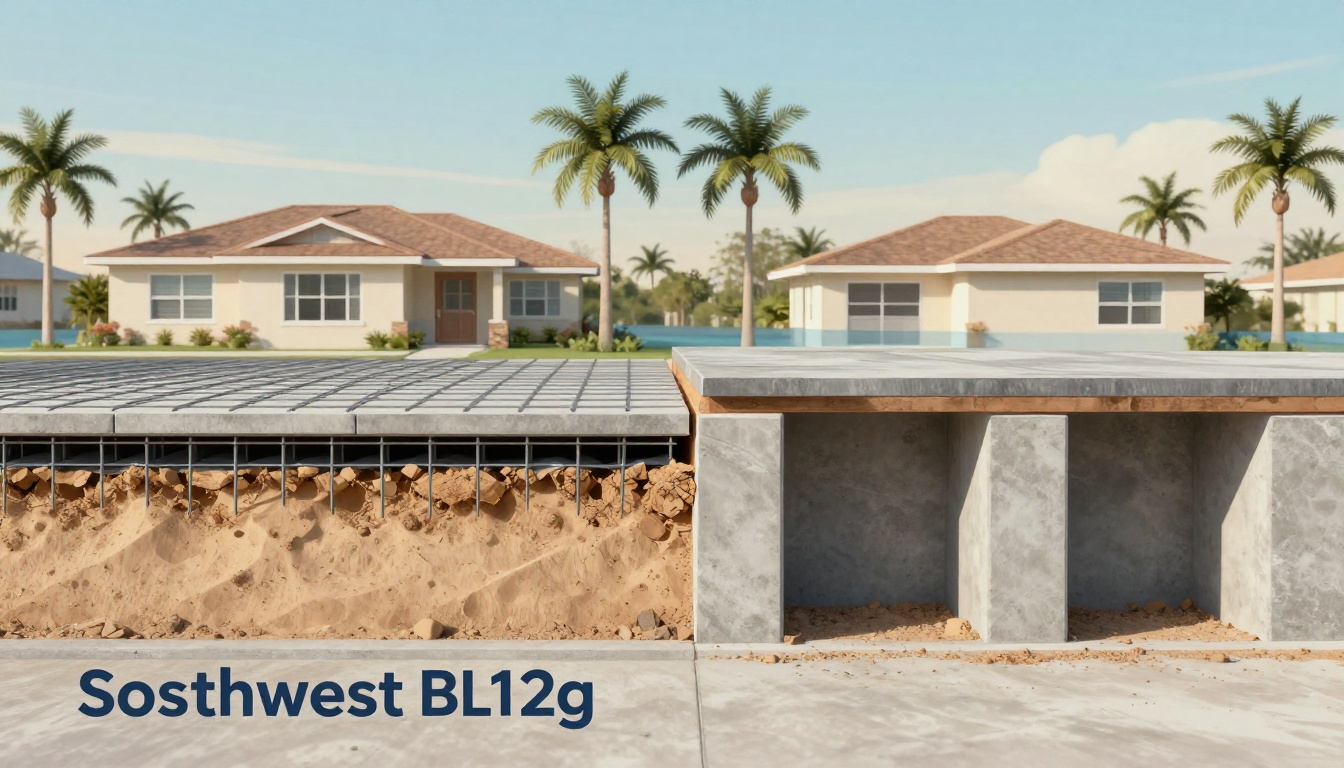How to Plan a Successful Home Remodeling Project in Cape Coral
Understanding the Unique Challenges of Remodeling in Cape Coral
Remodeling a home in Cape Coral comes with its own set of unique challenges and opportunities. Known for its coastal charm, warm climate, and proximity to the Gulf of Mexico, Cape Coral offers a lifestyle that many homeowners want to reflect in their living spaces. However, the region’s specific environmental and regulatory factors require careful planning. For instance, the humid subtropical climate can impact material choices, while the area’s susceptibility to hurricanes necessitates designs that prioritize safety and durability. Additionally, Cape Coral’s local building codes and environmental regulations are designed to protect the area’s natural beauty and ensure the safety of its residents. Understanding these factors is crucial to executing a successful remodeling project that not only enhances your home but also complies with local standards.
Navigating Local Building Codes and Permits
One of the first steps in any remodeling project in Cape Coral is understanding the local building codes and obtaining the necessary permits. The city has specific regulations that govern everything from structural changes to plumbing and electrical work. Failing to adhere to these codes can result in costly fines, delays, or even the need to redo completed work. To avoid these pitfalls, homeowners should consult the City of Cape Coral’s Building Division or hire a contractor familiar with local regulations. Permits are typically required for major renovations, such as adding a room, altering the roofline, or installing a pool. The permitting process may seem daunting, but it ensures that your project meets safety standards and is built to last.
Considering Hurricane-Resistant Design Features
Given Cape Coral’s location in a hurricane-prone region, incorporating hurricane-resistant design features is not just a recommendation—it’s a necessity. This includes using impact-resistant windows, reinforced roofing materials, and storm shutters. Additionally, structural elements like hurricane straps and tie-downs can help secure your home during high winds. These features not only protect your property but also ensure compliance with Florida’s stringent building codes. While these upgrades may increase upfront costs, they can save you significant money and stress in the long run by minimizing storm damage and potentially lowering insurance premiums.
Setting a Realistic Budget for Your Remodeling Project
A well-thought-out budget is the backbone of any successful remodeling project. In Cape Coral, where material and labor costs can vary, it’s essential to account for all potential expenses. Start by listing the major components of your project, such as materials, labor, permits, and design fees. Don’t forget to include smaller costs like fixtures, finishes, and landscaping, as these can add up quickly. Researching local prices and getting multiple quotes from contractors can help you create a more accurate budget.
Allocating Funds for High-Priority Areas
When setting your budget, prioritize areas of your home that offer the most value and functionality. Kitchens and bathrooms are often the best places to invest, as they provide the highest return on investment and significantly enhance your daily living experience. Structural improvements, such as roof repairs or foundation work, should also take precedence, as they ensure the safety and longevity of your home. By focusing your budget on these high-impact areas, you can maximize the value of your remodeling project.
Planning for Contingencies
No matter how well you plan, unexpected expenses are almost inevitable in a remodeling project. Whether it’s discovering water damage behind a wall or needing to upgrade outdated electrical systems, surprises can quickly derail your budget. To prepare for these scenarios, set aside at least 10-15% of your total budget as a contingency fund. This financial cushion will give you peace of mind and allow you to address unforeseen issues without compromising the overall scope of your project.
Choosing the Right Contractor in Cape Coral
Selecting the right contractor is one of the most critical decisions you’ll make during your remodeling journey. A skilled and reliable contractor can turn your vision into reality, while a poor choice can lead to delays, subpar work, and unnecessary stress. In Cape Coral, where local expertise is invaluable, it’s essential to choose a contractor who understands the area’s unique challenges and regulations.
Vetting Contractors and Checking References
Start by researching contractors online and reading reviews on platforms like Google, Yelp, and the Better Business Bureau. Look for professionals with a strong track record of successful projects in Cape Coral. Once you’ve narrowed down your options, ask for references from past clients and take the time to contact them. Inquire about the contractor’s communication, timeliness, and quality of work. Additionally, verify that the contractor is licensed and insured to protect yourself from potential liabilities.
The Importance of Local Expertise
Hiring a contractor with local expertise can make a significant difference in the success of your project. These professionals are familiar with Cape Coral’s building codes, permitting process, and environmental considerations. They also have established relationships with local suppliers and subcontractors, which can streamline the construction process and potentially reduce costs. By choosing a contractor who knows the ins and outs of the local market, you can avoid common pitfalls and ensure a smoother remodeling experience.
Designing for Cape Coral’s Coastal Lifestyle
Cape Coral’s coastal lifestyle is a major draw for residents, and your remodeling project should reflect this unique charm. From open, airy layouts to outdoor living spaces, there are countless ways to design a home that complements the area’s natural beauty and relaxed vibe.
Maximizing Indoor-Outdoor Living Spaces
One of the best ways to embrace Cape Coral’s lifestyle is by creating seamless transitions between indoor and outdoor spaces. Consider adding features like sliding glass doors, screened lanais, or covered patios to blur the lines between your home’s interior and exterior. Outdoor kitchens, fire pits, and pool decks are also popular additions that enhance your ability to entertain and enjoy the Florida sunshine. These features not only improve your quality of life but also increase your home’s appeal to potential buyers.
Choosing Materials Suited for a Coastal Environment
The humid climate and proximity to saltwater in Cape Coral require careful consideration when selecting materials. Opt for moisture-resistant options like porcelain tile, composite decking, and stainless steel fixtures to ensure durability. For outdoor spaces, materials like aluminum and treated wood can withstand the elements better than traditional options. Additionally, consider using light-colored finishes to reflect heat and keep your home cooler during the summer months.
Creating a Detailed Remodeling Timeline
A well-structured timeline is essential for keeping your remodeling project on track. By breaking the process into manageable phases, you can ensure that each step is completed efficiently and in the correct order.
Breaking Down the Phases of Remodeling
The remodeling process typically begins with the planning and design phase, where you finalize your vision and secure necessary permits. Next comes the demolition phase, followed by construction, which includes framing, plumbing, electrical work, and finishing touches. Finally, the project concludes with a thorough inspection and a final walkthrough. Understanding these phases can help you set realistic expectations and avoid unnecessary stress.
Avoiding Common Delays
Delays are a common challenge in remodeling projects, but proactive planning can help minimize them. Order materials well in advance to avoid supply chain issues, and maintain clear communication with your contractor to address potential roadblocks early. Regularly reviewing the project timeline and making adjustments as needed can also keep things moving smoothly.
Incorporating Energy-Efficient Upgrades
Energy-efficient upgrades are a smart investment for any remodeling project, especially in Cape Coral, where high utility costs can be a concern. These features not only reduce your environmental footprint but also increase your home’s value and appeal.
Installing Solar Panels and Energy-Efficient Windows
Solar panels are an excellent way to harness Cape Coral’s abundant sunshine and lower your energy bills. Pairing them with energy-efficient windows can further reduce your home’s cooling costs by minimizing heat transfer. Look for windows with low-emissivity (Low-E) coatings and insulated frames to maximize their effectiveness.
Leveraging Local Incentives for Green Remodeling
Florida offers various incentives for eco-friendly home improvements, including tax credits and rebates for solar installations and energy-efficient upgrades. Researching these programs can help offset the initial costs of your upgrades and make your remodeling project more affordable.
Maintaining Open Communication Throughout the Project
Effective communication is key to a successful remodeling project. By staying in regular contact with your contractor and other stakeholders, you can address issues promptly and ensure that everyone is on the same page.
Scheduling Regular Check-Ins
Set up weekly meetings or progress updates with your contractor to review the project’s status and discuss any concerns. These check-ins provide an opportunity to make adjustments and keep the project on track.
Documenting Changes and Approvals
Keep a detailed record of all changes, approvals, and agreements throughout the project. This documentation can help prevent misunderstandings and serve as a reference if disputes arise.
Finalizing and Enjoying Your Newly Remodeled Home
The final stages of your remodeling project are all about ensuring that everything meets your expectations and celebrating your hard work.
Conducting a Thorough Inspection
During the final walkthrough, carefully inspect all aspects of the work to ensure it meets your standards. Check for any unfinished tasks or issues that need to be addressed before signing off on the project.
Adding Personal Touches to Your Space
Once the work is complete, take the time to personalize your space with decor, furniture, and accessories that reflect your style. These finishing touches will make your remodeled home feel truly yours.






